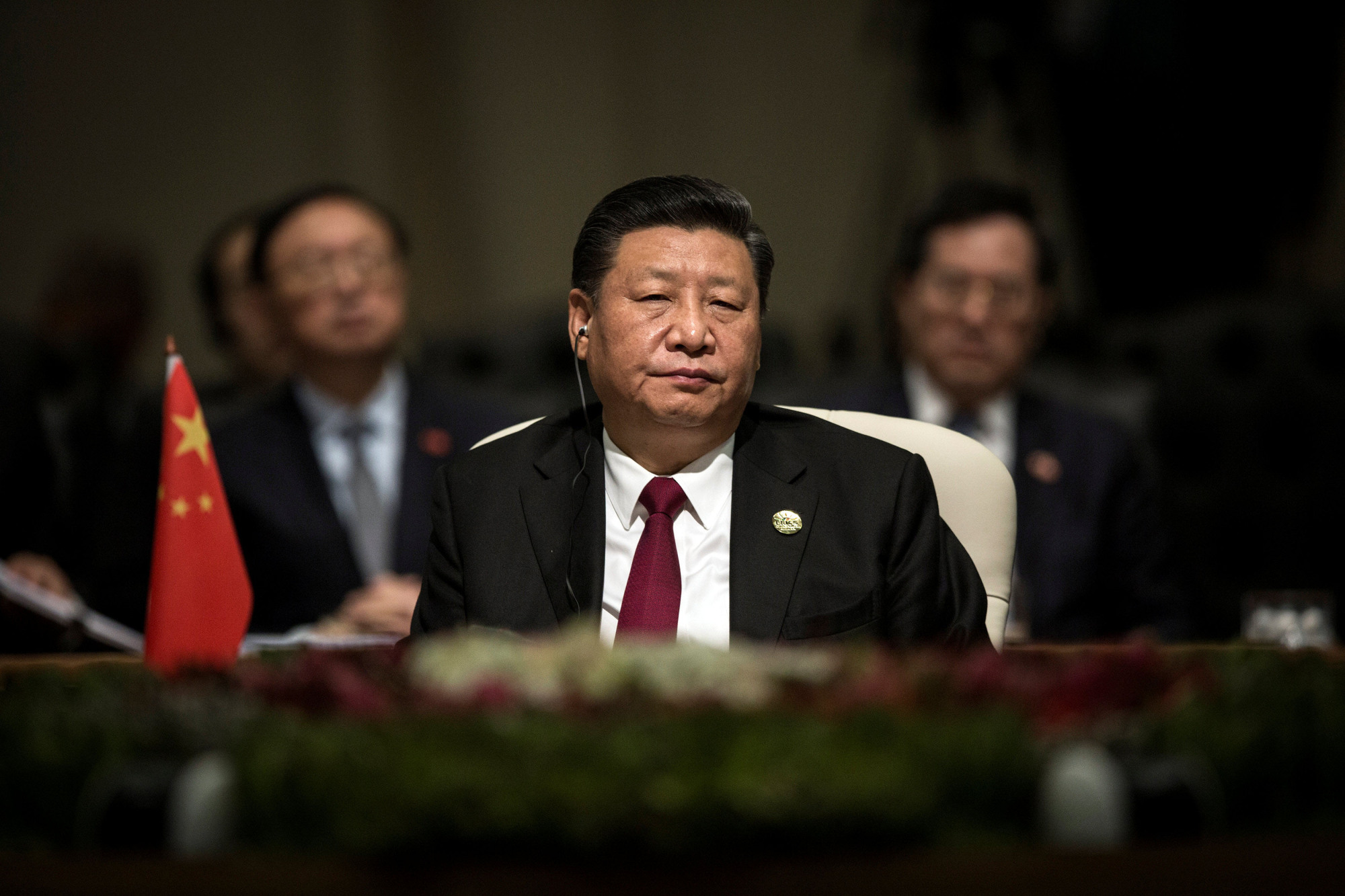Ten years ago Wednesday, the opening ceremony of the Beijing Olympics showcased a fast-growing, economically powerful China with unmistakable ambitions to be a major global player. Just a few days ago, the Chinese authorities demolished the studio of artist Ai Weiwei, designer of the iconic "bird's nest" Olympic stadium and now an exiled dissident in Germany. It was the latest sign of how the world's most populous country has evolved under President Xi Jinping — simultaneously more self-confident yet paranoid, and no longer nearly so bothered what the rest of the world thinks.
While once China's leaders openly flirted with copying the West, they now see themselves on a different route — even if that brings real risks of confrontation. In Johannesburg at the BRICS meeting of leaders of the world's largest emerging economies last month, Xi outlined his robust worldview that China — with its unashamed focus on economic growth and disregard for electoral choice and civil rights — offered a different vision than Western capitalist democracy.
In the South China Sea and beyond, Beijing's military has become ever more assertive. At the same time, its "Belt and Road" initiative — a multibillion-dollar set of global infrastructure investments explicitly aimed at redrawing global land and sea trade routes in China's interests — has both boosted Beijing's international clout but also hit some trouble. In countries like Colombia and Malaysia, among others, local politicians and governments have pushed back against major Chinese projects, sometimes canceling them altogether amid complaints over corruption and Beijing's heavy-handedness.

















With your current subscription plan you can comment on stories. However, before writing your first comment, please create a display name in the Profile section of your subscriber account page.